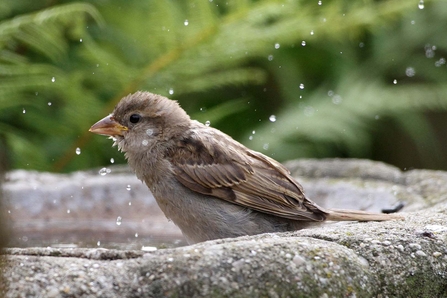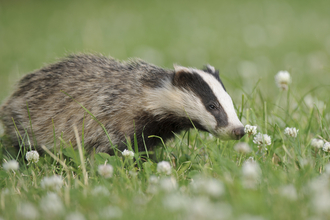Across Essex, young people are finding creative, hands-on ways to connect with each other and help protect the amazing wildlife around us.
Whether you live in a flat in Basildon or a farmhouse near Thaxted, there are loads of simple, nature-focused activities you can do to make a difference this summer, right on your doorstep.
1. Build a hedgehog house
Hedgehogs are a much-loved species in the UK, but their numbers are falling. You can help by building a hedgehog house in your garden, allotment, or even a quiet corner of a school or church yard.
All you need is a waterproof box (or some logs, leaves, and a wooden crate) and a little creativity. Place it in a shady spot and leave an entrance just big enough for a hedgehog to crawl through. Then wait—and with luck, you might get a spiky little visitor!
Watch Andrew's video on building a hedgehog house
2. Install a bird feeder or bird bath
One of the easiest ways to attract and care for birds is to provide food and water. Set up a bird feeder using recycled materials (like a plastic bottle or milk carton) or buy one from a local garden centre.
Birds also need fresh water for drinking and bathing, especially in hot weather. A shallow dish or upturned bin lid with some pebbles works well. Keep an eye out for blue tits, sparrows, and robins. It’s like having your own mini nature show at home!




